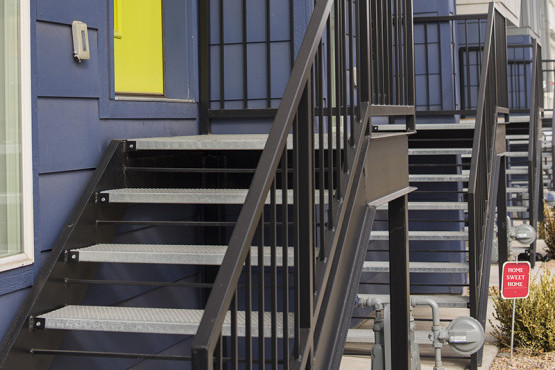Here’s a list of some good internet resources to help get you started:

Finding and maintaining housing can be one of the biggest challenges when you first move out on your own. It’s one of the coolest feelings getting your own apartment, but if you don’t pay attention to your budget, it can easily turn into a nightmare. For one thing, it is very expensive to have your own apartment, and the bills keep coming every month. So, you have to have a stable income to keep on track with your bills or it’s easy to fall behind and create a huge mess for yourself. If you haven’t handled a bunch of money before, then you may be a little overwhelmed having to pay $1,200 to $1,500 (minimum) per month, every month, between rent, electricity and heat. When you rent a place, you’ll most likely have a six- to 12-month lease, which is a binding contract. So, you have to have a fairly solid plan before trying to go out on your own. I would recommend having at least $3,000 saved, and at least a stable part-time job before moving out on your own. Every time I’ve moved, I wait to move until I’ve saved up enough money, not based on a specific date. It is much more important to stick to having a minimum amount saved up. If you want to move out sooner, then work more and save more of your paycheck. I think you get the point, but it is a very important one. Be prepared!
Some of you may qualify for a housing voucher. These help you by covering a portion of your rent. If you lose your job you will have a safety net to cover your rent until you get back on-track. You can talk to your Chafee worker about this program to see if you are eligible.
There are many strategies for finding a place to live. You can search the internet, check newspapers and "for rent" magazines, and, my favorite, drive around neighborhoods where you might want to live, looking for vacancy signs. For me, where I live is much more important than finding a specific housing development. There are nice apartments all over the metro area, so find a place that is close to the things you like to do, and close to things you have to do (e.g. work or school).

Here’s a list of some good internet resources to help get you started: